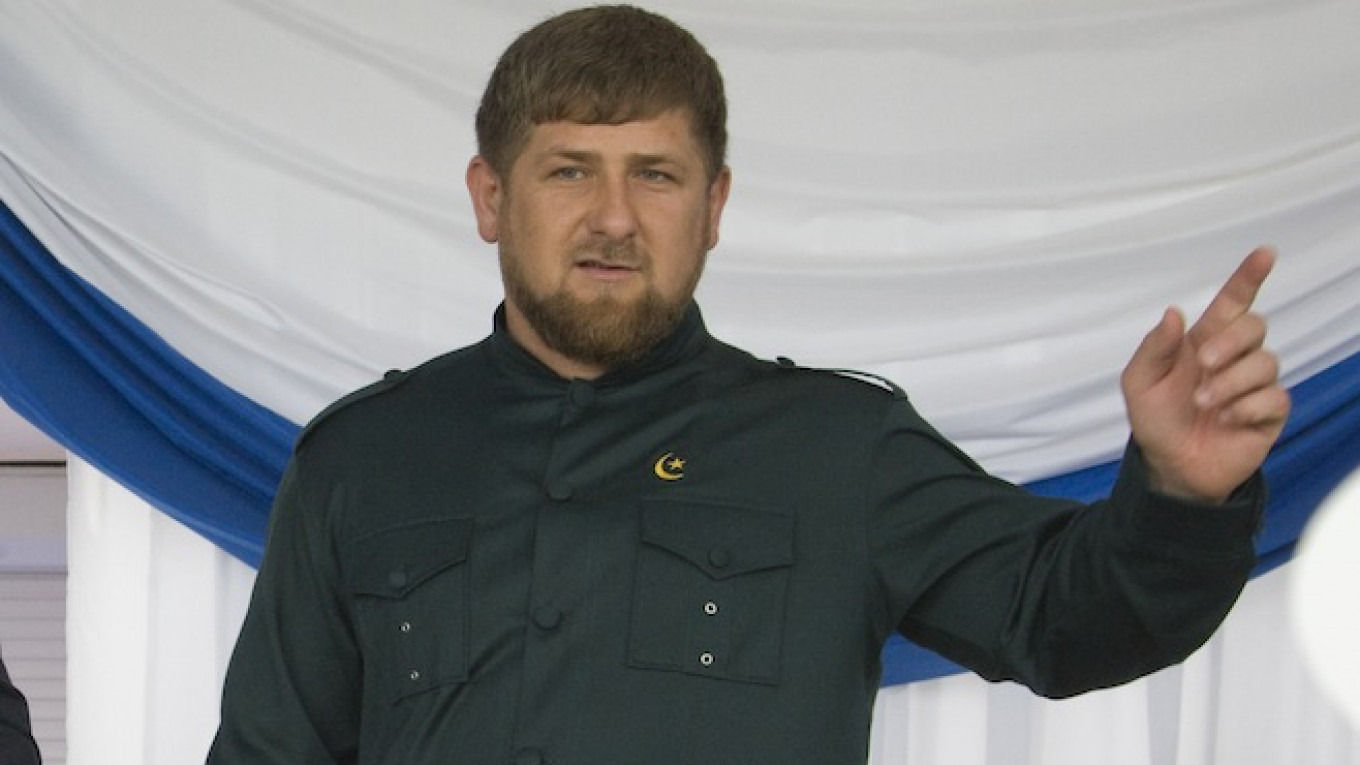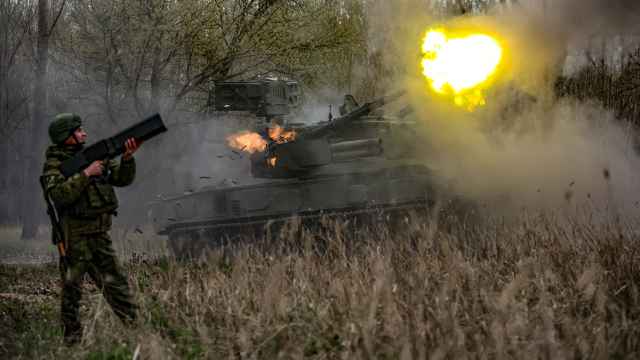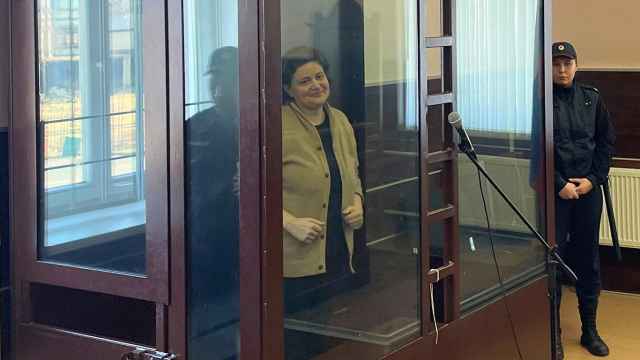Barely a month has gone by without a controversy involving Chechen leader Ramzan Kadyrov. In January, a Kadyrov associate published an Instagram picture depicting Kadyrov with an aggressive dog and the caption “Tarzan’s teeth are itching to tackle [opposition leaders].” In early February, Kadyrov posted on Instagram an image depicting opposition leader Mikhail Kasyanov in the crosshairs of a rifle. This month, a group of activists and journalists were brutally beaten up, reportedly by Chechens under his control, in the republic of Ingushetia.
The Ingushetia attack did not go unnoticed by the authorities. Russian President Vladimir Putin personally ordered that the Interior Ministry “find and punish those at fault.”
Kadyrov’s term as head of the republic of Chechnya expires on April 5, and he will need Putin’s endorsement in order to be victorious in September’s elections. Some speculated that the latest developments would adversely effect his chances, and so far Putin has not publicly commented on his reappointment.
“It is certainly unusual,” admits leading opposition politician and Kadyrov nemesis Ilya Yashin. “Putin usually announces these things months before terms expires.” According to Yashin, Putin has, in fact, refused to see the Chechen leader in person for some time. “It’s making Kadyrov nervous,” Yashin says.
However, a source familiar with the situation told The Moscow Times that approximately two weeks ago Kadyrov was reassured by officials he would keep his seat as Chechen leader. “There are no doubts that Kadyrov will be reappointed,” confirms another source close to the Kremlin.
In early March, Kadyrov claimed he might not run for another term, adding that he would accept any decision made about him. But that appears to have been nothing more than a bravado. “Kadyrov never intended to go, and certainly would know if a real plan to replace him existed,” says a source close to the Russian authorities.
Despite reports that his relationship with Putin suffered following the murder of Boris Nemtsov, the Chechen leader has maintained close ties to certain Kremlin officials.
Besides, replacing Kadyrov would have presented a challenge to the system on every level.
First, he is Putin’s achievement. “Kadyrov is a symbol of pacification following the Chechen War. Ending this war is Putin’s most important accomplishment. If he dismisses Kadyrov, he disavows his own success,” Maxim Shevchenko, editor of the Kavpolit.ru online news outlet, told The Moscow Times.
Second, Kadyrov keeps the region in check for the Kremlin. “Too much has been built up to fit a certain person at leadership there. If he’s replaced, the system would start crumbling,” says Igor Kalyapin, head of the Committee for Prevention of Torture, one of the few human rights organizations still operating in Chechnya. “Kadyrov, unfortunately, can’t be replaced now. The system needs to be rebuilt first, which would take two or three years at least — that is if someone even wants to do it, which does not look to be the case,” he said.
Kadyrov has also made clear that any outside intervention into the region would be problematic. “When federal law enforcement came to Chechnya to interrogate someone, they were greeted by Kadyrov’s fighters,” says political analyst Dmitry Oreshkin. “This is a serious problem for state institutions.”
The Chechen leader, according to his own Instagram post, has 70,000 trained volunteer fighters at his disposal.
Kadyrov’s re-election is scheduled for this fall, along with parliamentary elections. His next term will be counted as his first, because the latest legislation, initiated by Putin, resets the count of regional governors’ terms.
Those who didn’t understand that Kadyrov is here for the longterm — if not forever — will, after April 5.
Contact the author at d.litvinova@imedia.ru. Follow the author on Twitter at @dashalitvinovv
A Message from The Moscow Times:
Dear readers,
We are facing unprecedented challenges. Russia's Prosecutor General's Office has designated The Moscow Times as an "undesirable" organization, criminalizing our work and putting our staff at risk of prosecution. This follows our earlier unjust labeling as a "foreign agent."
These actions are direct attempts to silence independent journalism in Russia. The authorities claim our work "discredits the decisions of the Russian leadership." We see things differently: we strive to provide accurate, unbiased reporting on Russia.
We, the journalists of The Moscow Times, refuse to be silenced. But to continue our work, we need your help.
Your support, no matter how small, makes a world of difference. If you can, please support us monthly starting from just $2. It's quick to set up, and every contribution makes a significant impact.
By supporting The Moscow Times, you're defending open, independent journalism in the face of repression. Thank you for standing with us.
Remind me later.






